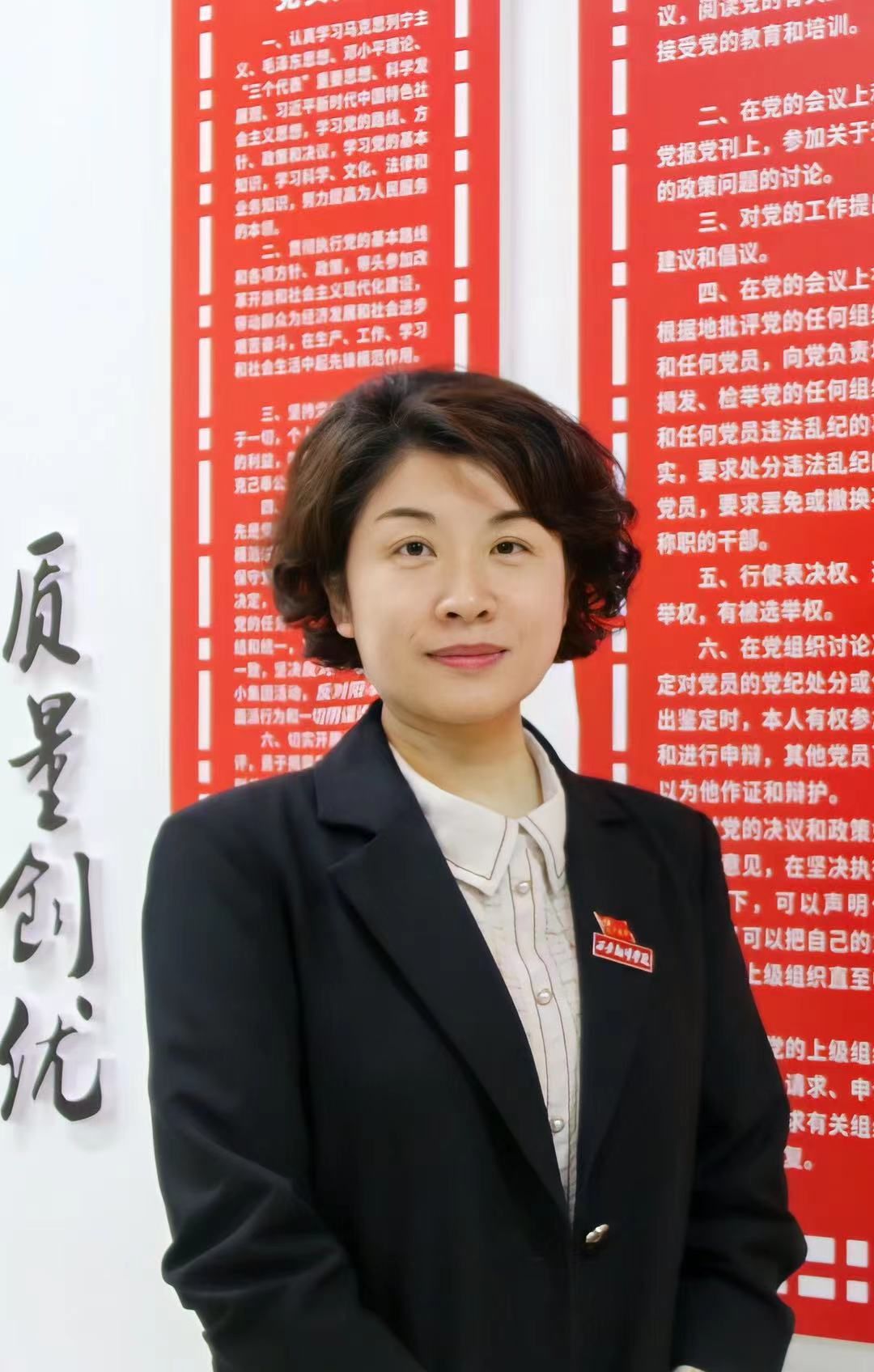
Professor, CPC Member
Vice Dean, School of English Language and Culture
Xi’an Fanyi University
Distinctions
Teaching Excellence Award Winner, Xi’an Fanyi University
2013-2014 Chinese Government-Sponsored Visiting Scholar
Xi’an’s “Most Inspiring Women” title.
Major Teaching and Research Achievements
Awarded Second Prize in Provincial Teaching Achievements and Third Prize in Shaanxi Higher Education Scientific Research Excellence.
Hosted a Ministry of Education industry-academia collaboration program, 2 provincial-level education and teaching reform initiatives and 4 municipal research initiatives.
Published 20+ academic papers, 1 monograph, and 3 textbooks.
Served as core faculty in developing China's premier English undergraduate program.
Presided over the provincial-level first-class virtual simulation course “Bilingual (Chinese-English) Heritage Tourism Guide Service Virtual Simulation Experiment”.
Headed university-level teams for “English Reading & writing” and “Language Services & Regional Economic Development”.
Earned 20+awards, including national teaching competitions, multimedia courseware design.
Repeatedly guided students to in awards in disciplinary competitions and innovation entrepreneurship programs at various levels, earning Outstanding Mentor honors.
Teaching & Research Focus
Courses: English Writing, Reading & Writing, Advanced Disciplinary Frontiers.
Research: Applied Linguistics, English Education & Pedagogy, Language Services.